Indianapolis Broken Bone Injuries
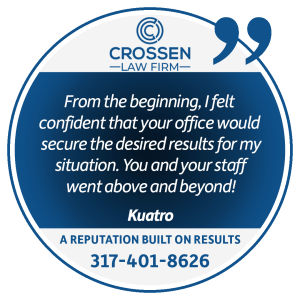
If you suffered broken bones due to another person’s negligence, you could file a personal injury claim. The claim requires the at-fault driver to pay compensation for the medical therapy, lost wages, pain and suffering, emotional trauma, loss of consortium, and more.
Call Crossen Law Firm for legal support if you were injured in Indiana. We offer 24/7 phone support at 317-401-8626, and you can also contact us online here.
What Are The Most Common Types of Fractures?
Different types of fractures and personal injuries can have radically different levels of severity, prognosis, and required medical treatments.
If you were exposed to fire or caustic chemicals, you may have soft tissue involvement burns in addition to these fractures:
Compound Fractures: Compound fractures occur when a bone breaks and penetrates the skin. These severe fractures can cause serious infections because of the open wound and are organized by severity in three categories, known as the Gustilo System.
- Open Fractures: An open fracture occurs when the bone breaks through the skin at the fracture site. These injuries are incredibly dangerous because they can lead to bone death (due to loss of blood blow), infection,
- Closed Fractures: A closed fracture occurs when a broken bone doesn’t penetrate the skin.
- Hairline Fractures: A hairline fracture, or a small crack in the bone, is less severe than the other stress fractures.
- Complete Bone Fractures: Complete fractures of the human body occur when the entire width of a bone breaks.
- Compression Fractures: Compression fractures occur when vertebrae are compressed and break due to trauma.
Oblique Fractures: Oblique fractures occur when someone breaks a bone at an angle, leaving it unstable. This bone fracture is incredibly severe and requires immediate medical care.
- Spiral Fractures: Spiral fractures occur from a sudden twisting motion that makes the bone’s break appear like a spiral. Like the oblique fracture, the spiral fracture requires immediate medical attention.
- Transverse Bone Fractures: These fractures occur when a bone is broken at a right angle.
- Greenstick Fractures: These types of fractures occur when a bone bends and fractures the outer side. A greenstick fracture is common in young children.
What Fractures Are Common After a Car Crash?

Due to the impact of an car accident, certain areas of your body are more likely to experience a fracture than others.
A few common fractures that occur after car accidents include:
Lower Extremity Fractures: These include your feet, ankles, and the lower parts of your legs. Wrecks that involve high speeds often result in tibia fractures. This fracture usually requires surgery and rehabilitation.
Spinal Fractures: Many different injuries can occur to your spinal column during a car accident. Your spine can become compressed, or you may even suffer from the severing of your spinal cord, which leads to paralysis.
Skull Fractures: Skull fractures often lead to severe or even fatal injuries because of brain trauma. These fractures are common when a vehicle flips over, or someone is ejected from a car due to the impact.
Upper Extremity Fractures: Upper extremity fractures occur from shoulder joint fractures, wrist fractures, or humerus fractures. Upper extremity fractures often require surgery.
Facial Fractures: Facial fractures are more common than you may think when experiencing a car accident. Around 11 percent of those injured in a car accident break at least one of their 14 facial bones. Common fractures include nose fractures, eye socket fractures, and jaw fractures.
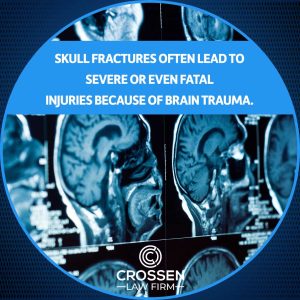
Pelvic Fractures: Pelvic breaks often occur from vehicle ejection. Pelvic fractures usually require surgery as well as an extended period of rehabilitation time.
Rib Fractures: Serious car accidents frequently result in rib fractures. These fractures can puncture your lung and cause it to collapse.
Treating Broken Bones
No matter what the cause of your injury, early fracture management is essential to maintain bone length, prevent ischemic injury, preserve the injured limb segment, and reduce the chance of developing a blood clot.
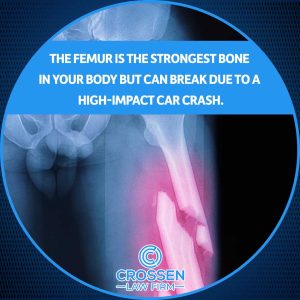
Treating broken bones often involves a combination of methods depending on the severity of the injury, such as surgical procedures like open reduction internal fixation surgery to align and stabilize the fracture.
In more complex cases like pelvic fractures, external fixation may be employed, while skeletal traction may be used to gently align the bones and promote healing until the fracture heals completely.
- External fixation is a surgical procedure where pins or screws are attached to a frame outside the body.
- Skin traction involves attachment of weights or other devices to the skin surrounding the injured area, applying a gentle pulling force to align fractured bones.
More severe breaks may require another surgical method, a closed fracture reduction procedure, or surgical therapy open reduction internal fixation (ORIF)surgery.
How Do My Bones Heal?
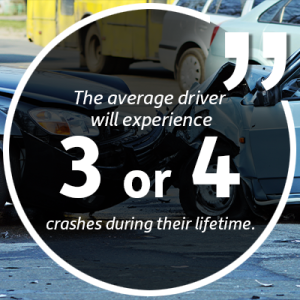
The bone healing process involves five main stages:
- Hematoma Formation: A collection of blood, called a hematoma, forms at the site of the fracture.
- Inflammation: The hematoma begins to heal, and certain cells remove damaged bone tissue.
- Cell Growth: Bone cells begin forming on the outer and inner layers of the bone.
- Callus Formation: A soft callus or fibrous tissue forms initially, gradually hardening over time.
- Remodeling: The newly formed bone undergoes remodeling, becoming stronger and more organized.
Your doctor will decide what types of intervention (like skin traction, internal fixation, external fixation, or skeletal traction) are needed for fracture stabilization while your fracture line heals.

Receiving Compensation For Indianapolis Broken Bone Injuries
Bone fracture medical costs include expensive consultations, diagnostic tests, skeletal traction, multiple surgeries, and extensive physical therapy. Our law firm is dedicated to assisting individuals who have suffered broken bone injuries. We will handle communication with the insurance company on behalf of our clients, negotiating with insurance adjusters to secure a fair settlement that adequately covers our client’s damages, including medical expenses, lost wages, and pain and suffering.
Contact Crossen Law Firm for Indianapolis Broken Bone Injuries
If you suffered a car accident in Indianapolis or another accident that led to a bone fracture, contact Crossen Law Firm.
You deserve expert legal assistance to help you with your motor vehicle accident claim, and our personal injury lawyers at Crossen Law Firm have helped countless Indiana residents. To learn more about how we can help you with your claim, call 317-401-8626 or contact us online here.

-
“Trevor was courteous, professional, fair, and an excellent communicator throughout our entire interaction! Would highly recommend.”
- Hussain -
“What a relief it was that we had someone like Trevor Crossen on our side. Everyone in the office were very pleasant and helpful. We would have been lost if not for him. This is a group that you need to be there when you have to fight for what is right. Automobile accidents are hard enough on you without having to have someone see you through all the paperwork and legal issues. There is no one else I would trust to take us through than Crossen Law Firm they are the best!”
- Bob Taylor -
“Mr. Trevor Crossen has been sìuch a blessing. I was so lost when we first met. He took great care to make sure that I was treated with dignity, he walked me through the whole process from beginning to the end. I had no idea what to expect but he took the time to explain everything and made sure I was treated the way I should be. I would highly recommend Trevor to anyone. The others in the office were so kind and helpful. If you want someone truly on your side Trevor Crossen is the man you need. Thank you all for being there for me.”
- Denise Taylor -
“I honestly don’t know where to start! Trevor is an exceptionable person, he honestly cares for those he works with and his clients! He has completely changed my mind of how lawyers act! He is a man of integrity and I, especially today on thanksgiving, am thankful I chose his law firm to represent me! I highly recommend that you choose Crossen law firm!! Thank you Trevor for all that you’ve done for me and continue to do!”
- Ben Steiner -
“Trevor and His Team Were a "True Guiding Light" for MY Family & I During a Very Difficult and Emotional Time in Our Lives! Thank You Team Crossen”
- Joe A
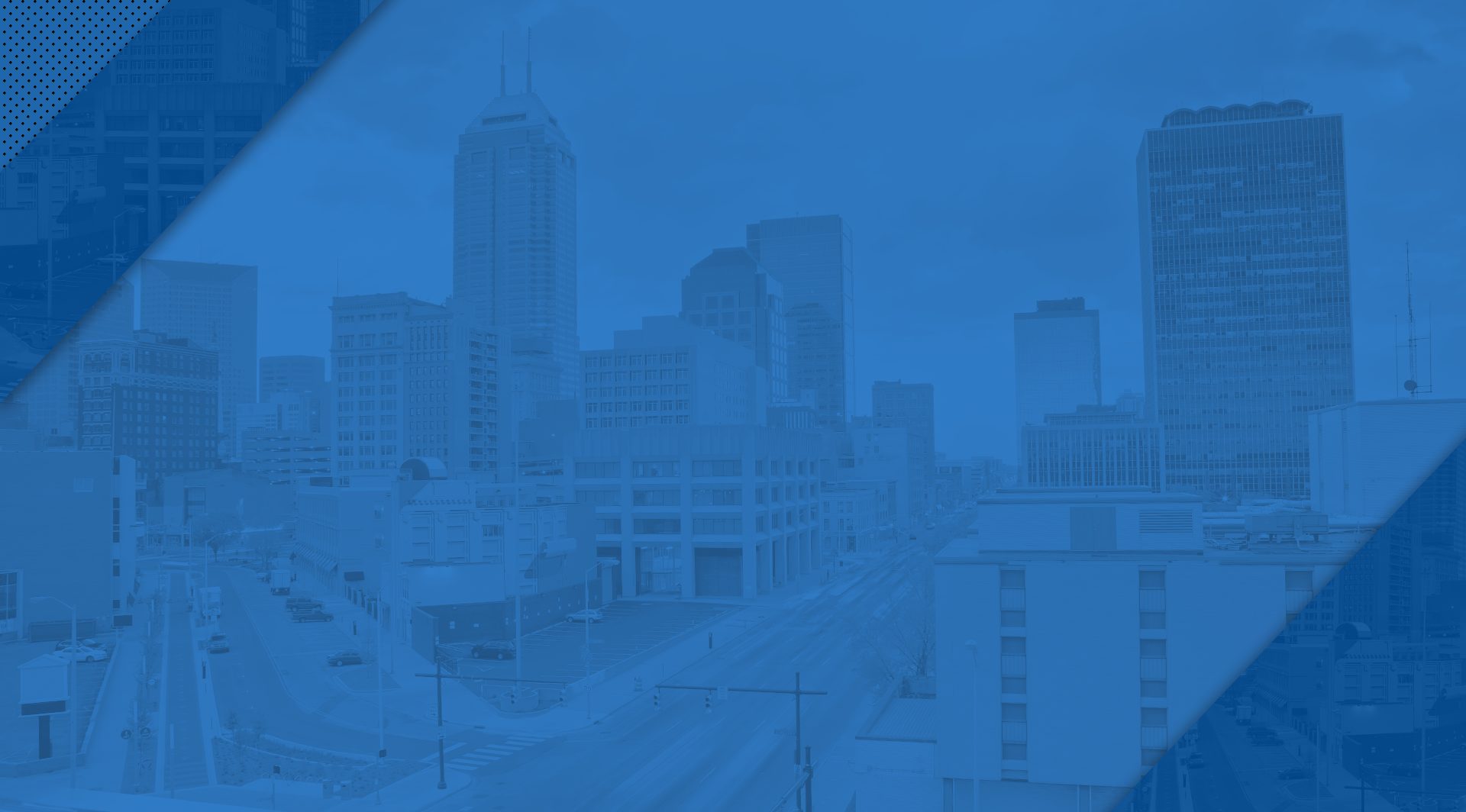
Why Crossen Law Firm?
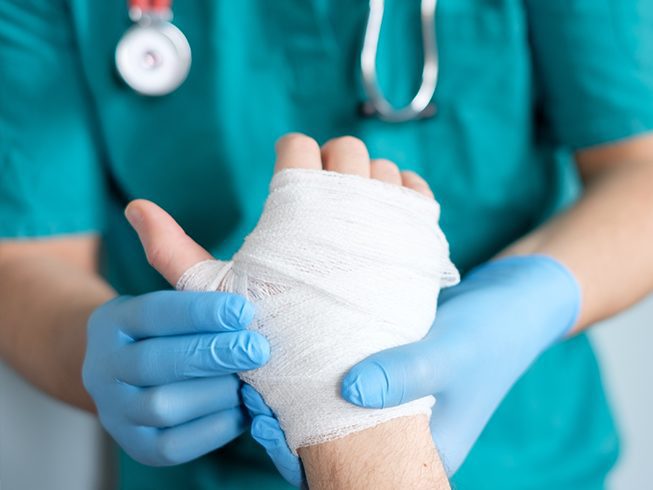
Call our office today at (317) 401-8626 to discuss your case.

 317-401-8626
317-401-8626 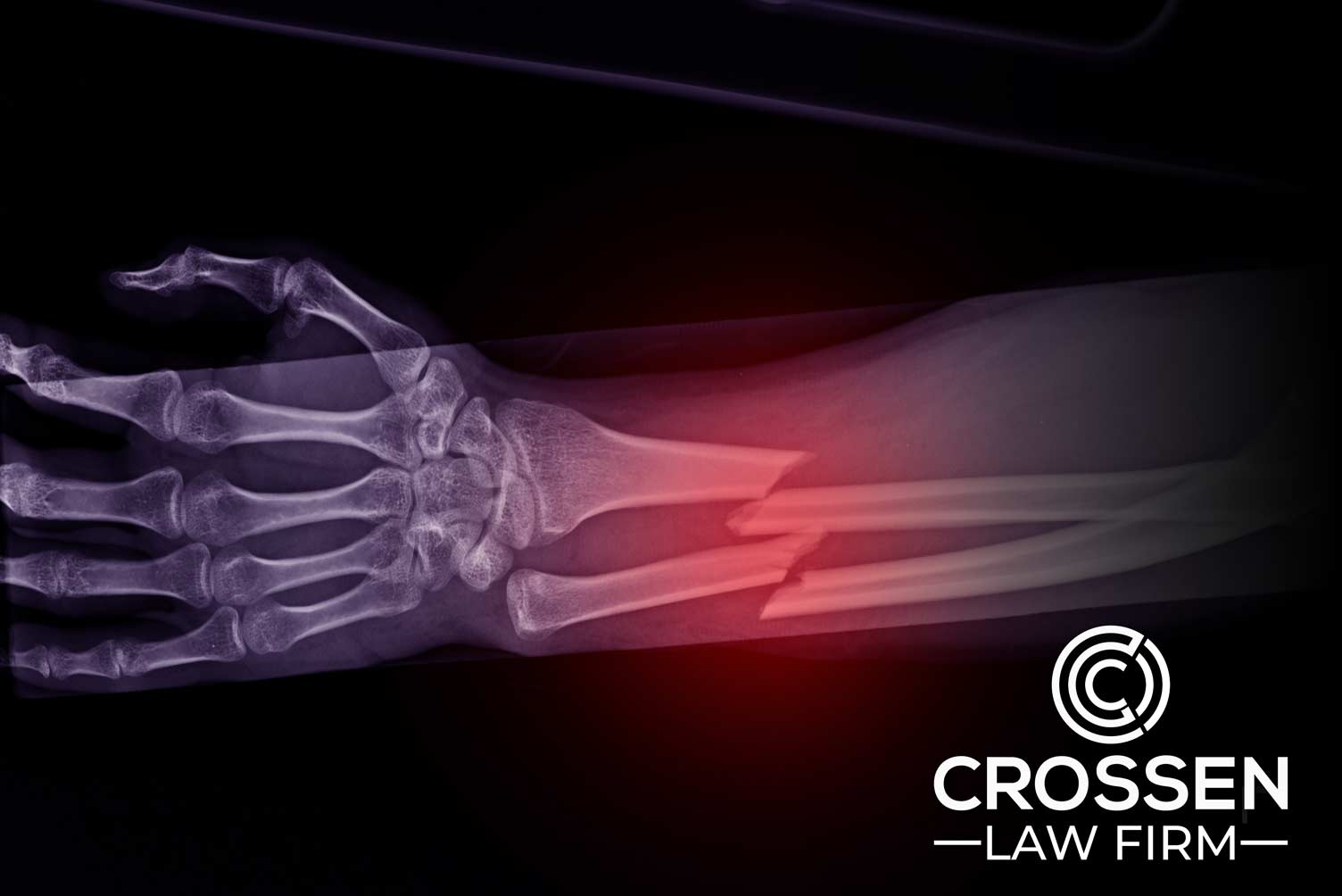
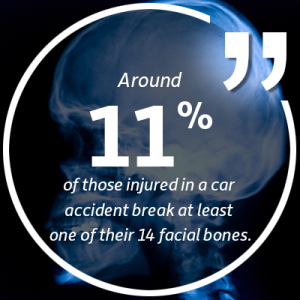 Compound Fractures: Compound fractures occur when a bone breaks and penetrates the skin. These severe fractures can cause serious infections because of the open wound and are organized by severity in three categories, known as the Gustilo System.
Compound Fractures: Compound fractures occur when a bone breaks and penetrates the skin. These severe fractures can cause serious infections because of the open wound and are organized by severity in three categories, known as the Gustilo System.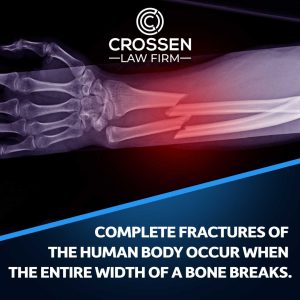 Oblique Fractures: Oblique fractures occur when someone breaks a bone at an angle, leaving it unstable. This bone fracture is incredibly severe and requires immediate medical care.
Oblique Fractures: Oblique fractures occur when someone breaks a bone at an angle, leaving it unstable. This bone fracture is incredibly severe and requires immediate medical care.